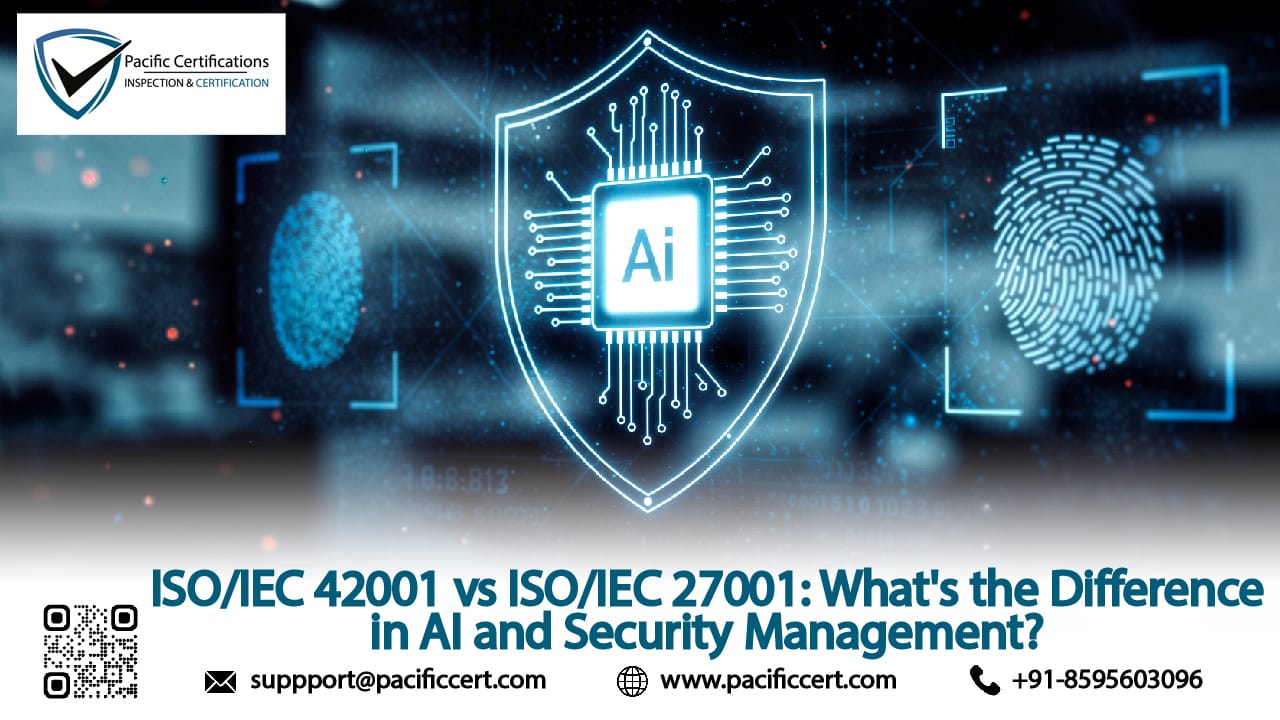
ISO certifications for Call Centre Operations
ISO certifications are essential for call center operations to ensure high-quality service and customer satisfaction. ISO 18295 is specifically designed for customer contact centers, setting standards for delivering consistent and high-quality customer service by improving client interactions. This certification ensures that call centers meet customer needs, manage complaints effectively, and continuously improve service performance. ISO 9001, a broader quality management standard, further improves operational efficiency by establishing processes for managing customer inquiries, training staff, and ensuring service consistency. Additionally, ISO 27001 is critical for call centers that handle sensitive customer data, ensuring information security practices and compliance with data protection regulations. Together, these ISO certifications help call centers to build trust & optimize performance by demonstrating commitment to quality, security and customer care.
Also, ISO certifications require regular audits which helps call centers to identify areas for improvement on regular basis. These audits force organizations to continually assess and optimize their performance. Over time, this process leads to better customer experiences.
For certification support, contact support@pacificcert.com.
Applicable ISO standards for Call Centers
Below are some of the key ISO standards that are commonly applied in call center operations:
- ISO 9001:2015 (Quality Management System): ISO 9001 provides a framework for implementing a quality management system (QMS) . It focuses on enhancing customer satisfaction by meeting customer requirements and continually improving processes.
- ISO/IEC 27001:2022 (Information Security Management System): This standard specifies requirements for establishing an information security management system within the context of the organization. It helps in managing the security of sensitive information including customer data.
- ISO 18295 (Customer Contact Centers): ISO 18295 provides guidelines for the management and operation of customer contact centers, including inbound and outbound interactions. It covers aspects such as customer satisfaction, employee training, technology use, and performance measurement.
- ISO 10002 (Customer Satisfaction - Guidelines for Complaints Handling in Organizations): ISO 10002 provides guidance on the process of handling customer complaints effectively and efficiently, thereby improving customer satisfaction and loyalty.
- ISO 22301 (Business Continuity Management System): ISO 22301 provides a framework for implementing a business continuity management system, which includes planning, establishing, implementing, and continually improving the organization's business continuity processes.
- ISO 31000 (Risk Management): ISO 31000 provides principles and guidelines for effective risk management practices.
Click here to find out more applicable standards to your industry
By implementing these ISO standards, call center operations can ensure data security & improve customer satisfaction.
Requirements & Benefits of ISO certifications of Call Centre Operations
Requirements:
ISO 9001: Quality Management Systems
- Process-based approach: Establish and maintain effective processes for service delivery.
- Customer feedback: Regularly gather customer feedback to improve services.
- Continuous improvement: Implement processes to identify and act on opportunities for improvement.
- Document control: Ensure proper documentation of procedures and workflows.
- Employee training: Ensure staff are trained and competent in their roles.
ISO 27001: Information Security Management Systems
- Risk management: Identify, assess, and manage risks related to information security.
- Access control: Ensure only authorized individuals can access sensitive data.
- Incident management: Have procedures in place to handle security breaches.
- Data protection: Safeguard customer data, particularly personal and financial information.
- Regular audits: Conduct periodic audits to ensure ongoing compliance.
ISO 18295: Customer Contact Centre Requirements
- Customer-focused approach: Align services to meet customer needs and expectations.
- Service consistency: Provide a consistent level of service across all customer touchpoints.
- Performance metrics: Establish key performance indicators (KPIs) to measure service quality.
- Complaint handling: Implement efficient processes for managing customer complaints.
- Staff competence: Ensure employees are well-trained and skilled in delivering customer support.
Benefits:
- ISO certification demonstrates a commitment to quality and customer satisfaction.
- Implementing ISO standards often leads to streamlined processes, reduced errors, and increased efficiency in call center operations.
- ISO certifications are globally recognized, and enhance the credibility and trustworthiness of the call centers.
- ISO standards include requirements for risk management and mitigation which helps to address and mitigate the ricks effectively.
- ISO standards often align with legal and regulatory requirements.
How we can help
At Pacific Certifications, we specialize in auditing and certifying organizations to these internationally recognized ISO standards. Our team of experienced auditors works meticulously to ensure that your organization meets the stringent requirements of these standards. Here’s how we can assist:
Pre-Audit Assessment:
We perform a detailed gap analysis to identify areas where your current practices diverge from the standard requirements.
Stage 1 Audit:
In this initial audit phase, we evaluate your organization’s readiness for the full certification audit.
Stage 2 Audit:
Our auditors conduct a thorough on-site or virtual assessment to verify the implementation and effectiveness of your management system.
After the audit, we present a detailed report highlighting findings, non-conformities, and areas of improvement.
Certification Decision:
Our certification board reviews the audit findings and the effectiveness of corrective actions. Upon approval, we proceed with the certification issuance.
Once your organization meets all requirements, we issue the certification. The certificate is valid three years, with annual surveillance audits to ensure ongoing compliance.
We also provide after certification support:
Post-Certification Support
Surveillance Audits
Re-Certification Audits
Overall, ISO certifications for call center operations ensures compliance with international standards and also drives improvements in performance, customer satisfaction, and operational excellence.
Pacific Certifications is accredited by ABIS, in case you need support with ISO certification for your call center, please contact us at suppport@pacificcert.com or +91-8595603096.

Read More: Requirements of ISO Certifications in Malaysia


